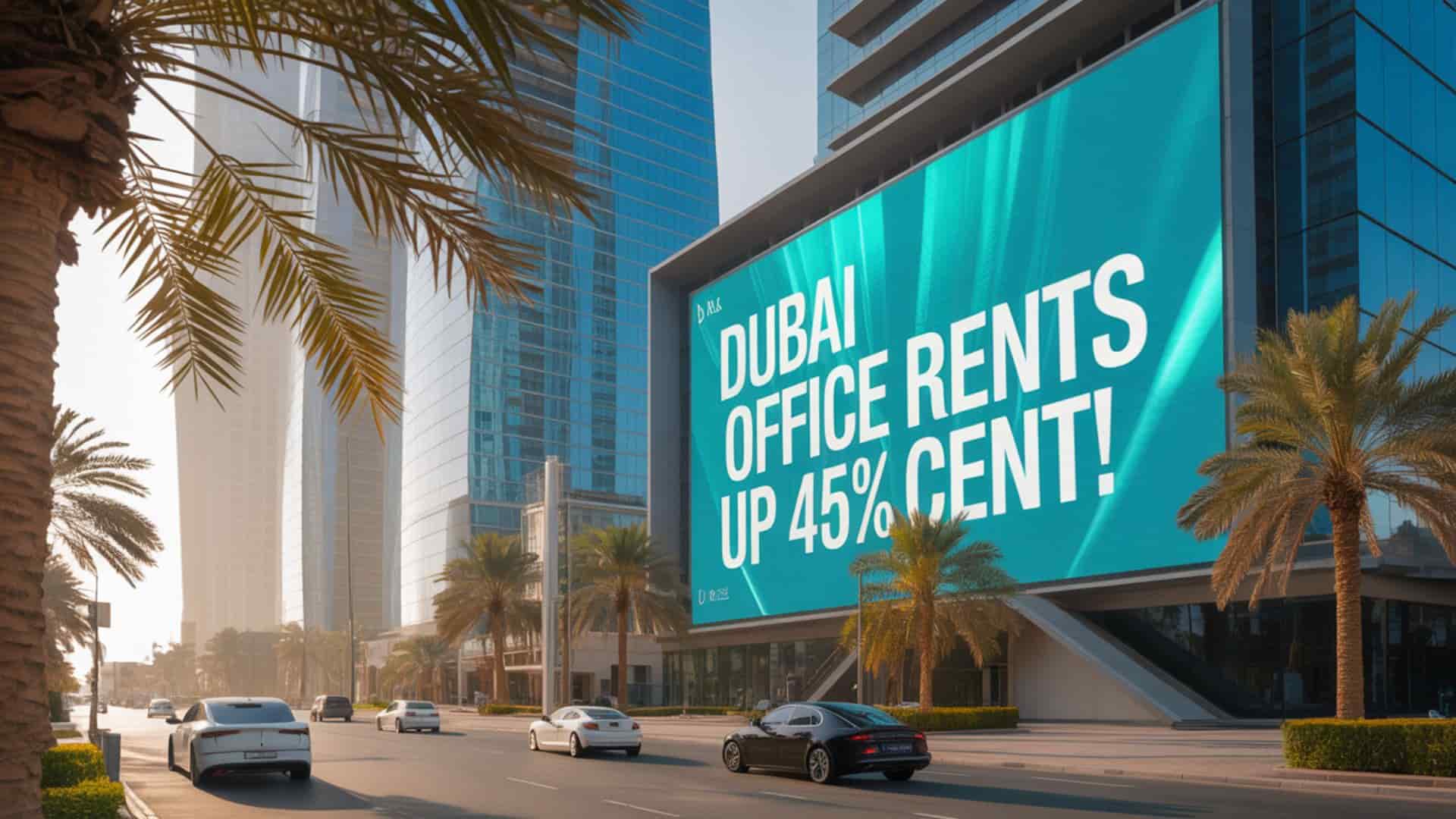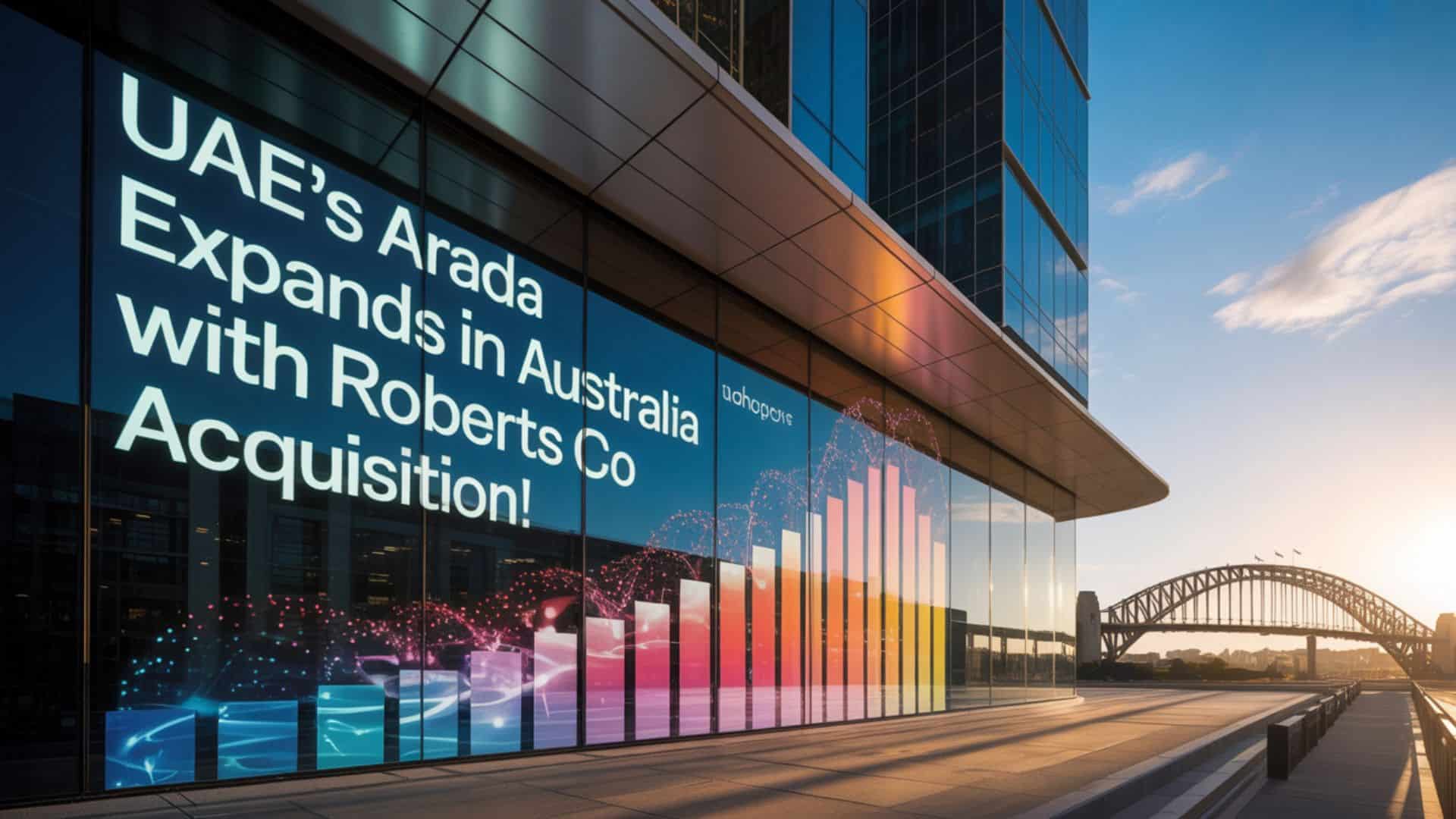Nearly One in Every Five Homes in Dubai is Worth More Than $1 Million, Report Says!
House prices are currently about 20 percent higher than they were at the same time last year, Knight Frank says
Demand for houses in Dubai continues to grow, driving up prices in the market, with the number of properties worth $1 million increasing quickly, a new report has found.
House prices in Dubai are currently 19.9 percent higher than at the same time last year and are expected to rise by an additional 8 percent next year, real estate company Knight Frank said in its Dubai Residential Market Review report on Wednesday.
Prices “keep going up because of strong demand,” said Faisal Durrani, partner and head of research, Mena at Knight Frank. “Out of the 530,000 homes sold since 2002, our analysis shows that 95,000 are worth over $1 million today, which adds up to a total value of 822 billion dirhams ($223.8 billion).
“What is surprising is how fast the number of homes valued at over $1 million has grown in Dubai, increasing from just 6.3 percent of all sales in 2020 to 18.1 percent today. This means nearly 1 in every five homes in Dubai is worth over $1 million,” Mr. Durrani said.
The total value of all homes sold in Dubai since 2002 is now 1.47 trillion dirhams, a 221 percent increase since 2020, the report said.
Knight Frank also looked at how each home's price has changed over time, finding “accidental millionaires” – owners who bought properties for less than $1 million that are now worth more just because prices went up. Only homes that have not been sold again were included.
Overall, Dubai’s residential market is still growing, with the number of sales up 41.8 percent each year, reaching a record 47,269 in the third quarter of this year, the highest quarterly number ever, the report said.
In the first nine months of this year, 121,978 home sales were recorded, more than the total number of sales last year. The total value of deals between January and September reached 306.3 billion dirhams, a 36 percent increase from the same period last year. The third quarter alone reached 116.8 billion dirhams.

“Prices in the mainstream market keep going up, increasing by 4.3 percent in the third quarter, making citywide prices 19.9 percent higher than this time last year. This is partly because there are fewer homes available for sale,” Mr. Durrani said.
“Across the city, there has been a 30 percent drop in the number of property listings compared to last year.”
Especially, demand for luxury homes has gone up a lot, with sales tripling over the past 18 months to almost one in every five homes listed being sold between June and September, he added.
Dubai's property market keeps doing well, driven by new government programs like residency permits for retirees and remote workers, as well as overall economic growth.
Average prices in the Dubai residential market went up by about 20 percent in the third quarter compared to the previous year, with a 19 percent increase in average apartment prices and a 23 percent rise in average villa prices, a report by CBRE found.
In the nine months up to September 2024, the total number of residential sales in Dubai went over 125,000, a 36 percent increase compared to the same period last year. Meanwhile, the total value of deals rose 34 percent each year to 314 billion dirhams, the report said.
Supply is also increasing to meet demand: nearly 300,000 homes are set to be completed in Dubai by the end of 2029, according to Knight Frank. Apartments will make up 80.1 percent of that supply, it said.
Knight Frank expects the shortage of villas to continue, with only 8,900 new villas expected by the end of 2024 and another 19,700 by the end of 2025.
“The limited availability of sites in key areas of the city is also causing prices for new homes to rise, while existing homes are also seeing significant price growth, especially where older homes have been updated,”
said Petri Mannila, partner – head of prime residential UAE at Knight Frank.
“While it might seem there will be a small shortage of homes needed for Dubai’s growing population, the lack of development sites and homes for sale, either new or ready, will continue to create a bigger gap between the city’s top neighborhoods and the rest of Dubai.”
The main risks to the market include a global economic slowdown, which would affect the real estate market, changes in oil prices, and competition from other regions, the report said.
Looking ahead, while prices will keep rising, the growth rate is expected to start slowing next year after almost five full years of growth, Mr. Durrani said.
For Dubai’s top residential market, growth in 2025 is expected “to be more modest and closer to 5 percent, building on the 44.4 percent growth seen during 2022 and the 16.3 percent increase last year,” he added.


